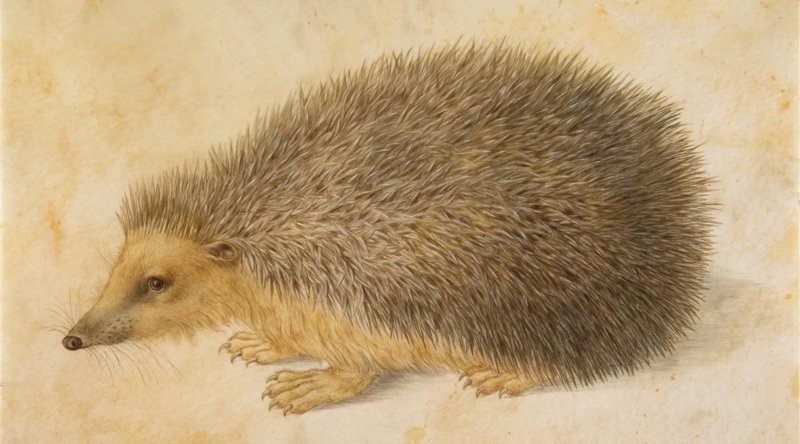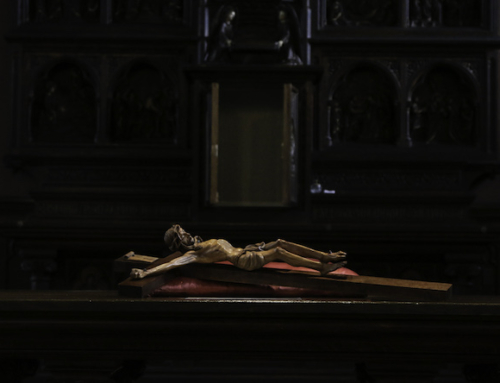“What’s your spirit animal?” The question sounds like a middle school-esque ice-breaker or some new-age quasi-spiritual appropriation of indigeneous religions. And it probably is. Either as a (mostly) harmless conversation starter about your meerkat-like personality or as a potentially pagan spirituality about guardian ghost animals, “spirit animals” aren’t a Christian thing.
But, as it turns out, Christianity has a long tradition of describing the metaphorical virtues of animals and of using them as examples for our lives. Jesus soothes the anxiety of the crowds by pointing to feathered models of trust in God: “Look at the birds of the air: they neither sow nor reap nor gather into barns, and yet your heavenly Father feeds them. Are you not of more value than they?” (Matt 6:26). Some of the giants of the early Church wrote entertaining works on animals—St. Basil’s “On the creation of terrestrial animals” (Hexaemeron, Homily IX) has many fun examples of animal virtues.
One of my favorite examples, however, comes from the Conferences of the early monastic writer John Cassian. Reflecting on the struggle to grow in prayer, to keep the wandering mind fixed on God, he quotes Psalm 104:18: “The mountains are for stags, the rocks are a refuge for hedgehogs.” He proposes the hedgehog and the stag as models—as it were, “spirit animals”—for us.
We’d like to think of ourselves as majestic stags cresting mountain tops with epic sunrises behind us. But most of us are prickly little hedgehogs scurrying for cover. Cassian quotes Proverbs 30:26: “A feeble race are the hedgehogs, who have made their homes in the rocks.” Christians are those who recognize that they are feeble, but seek “the constant shelter of that gospel rock which is the recollection of the Lord’s passion” (Conferences, X.XI.3). Like a hedgehog hiding from danger among the rocks, we find shelter for our souls by contemplating the cross. When our mind wanders or our thoughts start racing, we should imitate the hedgehog and dive for cover under the cross.
Only the spiritual hedgehog grows into the rational stag, who “grazes on the prophetic and apostolic mountains—that is, on their highest and most sublime mysteries” (Conferences, X.XI.4). The great saints always start by acknowledging their weakness and by hiding, like feeble hedgehogs, in the shelter of the cross. Recognizing our frailty isn’t an incentive to cowardice or laziness. Rather, it leads us to embrace what the Lord told Paul: “My grace is sufficient for you, for my power is made perfect in weakness” (2 Cor 12:9). The grace of God, found in his cross, transforms hedgehogs into stags, the weak into the strong, even us sinners into saints.
✠
Image: Hans Hoffmann, Hedgehog







